Dry January? For God's Sake, Think Of What You're Missing... and The Message You Are Sending
The messy, marvelous moments that only a glass in hand can make happen, the spark of connection, forging friendships, the boldness of bad ideas, and ordinary nights turned to unforgettable stories.
You Selfish S.O.B.
What if the real reason for drinking isn’t about you at all?
Going sober for January might sound virtuous, but let’s call it what it really is: an act of cold, calculated selfishness. While you bask in your holier-than-thou glow of Perrier and clear-headed mornings, others are left to wallow without you. Who will brazenly belt out Sweet Caroline from the cheap seats when the crowd needs a hero? And let’s not forget your closest friends, now stuck enduring your sparkling water silent sermons while they carry the weight of keeping things fun. Sure, you’re saving your liver and your skin looks better by the 9th—but at what cost to everyone else’s happiness? They know you’re looking down on them. They know you’re judging them. Even if you don’t show up.
Be A Better Drinker
Mark Manson, best selling author of “How Not To Give A Fuck” sums his joyful life of drinking and all the fun its brought him easily, “For me, the benefits were social.
I started drinking as a teenager. And as someone who struggled with a lot of social anxiety and codependency issues, alcohol was the only thing that allowed me to socialize with large groups of people comfortably.
Then, at university, I discovered what I thought was a superpower: I could hold my liquor. I could drink. A lot. More than most. And still somehow remain highly functional.”
“I never blacked out. I rarely got sick or fell over. I was a happy drunk—funny and outgoing and completely uninhibited. Combine this with a social environment that rewards an ability to drink with status, and by my early 20s, I had adopted an identity as “the party guy.” I was out every night, Tuesday through Saturday, drink in hand, laughing it up, having a blast.”
Mark Mason is not alone.
Millions of people learn how to hold their liquor. These are the superheroes of social lubrication, blessed with livers made of gold and the uncanny ability to know exactly when to switch to water. Their marriages are rock solid, their bank accounts robust, and their children beam with pride as Dad raises his nightly Old Fashioned. These are not the sad, staggering souls we read about in cautionary tales; no, they are the poster people for drinking done right. Why, one can only marvel at their divine ability to take a substance designed to lower inhibitions and somehow emerge from the haze with their reputations not only intact but sparkling like the rim of a crystal glass.
Let’s Just Run Through 17 Of The Greatest Things About Drinking:
Drinking is the universal solvent of social anxiety, awkward silences, and too-sharp reality. It’s a release from any messy thing your restless and worried mind can imagine. It’s the lubricant and glue of friendship, business, and romance. For those considering Dry January—or, for reasons we’ll get to, a dry life—it’s only fair to lay out the joyful, profitable, transformational, sparkling, frothy, glass clink-worthy benefits of drinking that you’ll miss. Prepare your sober-self for a month, or a lifetime of FOMO.
1. Instant Social Superpowers
Wet: One glass of wine and suddenly you’re Oscar Wilde. Jokes are sharper, stories are funnier, and even your dumbest anecdotes about IKEA furniture assembly seem like Netflix material.
Dry: Sober small talk where the only thing buzzing is the fluorescent light above your head.
2. The Magical Disappearing Stress Trick
Wet: Long day? A stiff drink will evaporate that stress faster than a cheap vodka spill on a hot summer patio. Poof! Gone (or at least buried under layers of gin).
Dry: The afternoon passes like a knife-throwing act at the circus.
3. The Confidence of a Mid-Tier Superhero
Wet: Alcohol transforms you into the boldest, wittiest, most devil-may-care version of yourself. Karaoke? Yes. Dance floor? Absolutely. Telling your boss exactly what you think? Uh, well...
Dry: That post-shot courage that makes you think you could absolutely nail “Bohemian Rhapsody” in its entirety is shriveled like it just took a long cold shower.
4. Bonding Through Bad Decisions
Wet: Nothing cements a friendship like a shared hangover or a poorly thought-out tequila-fueled tattoo of a Seahorse… because, you know, male seahorses carry the babies.
Dry: The dark highway of loneliness stretched out over a lifetime beyond your pitiful, tearfilled headlights.
5. Networking on Steroids
Wet: That intoxicating (literally) blend of charisma and compromise that seals deals and makes allies. Business deals are somehow sweeter over Scotch, and people seem more inclined to nod along enthusiastically when you’re both a few cocktails deep. Business drinking is like pouring money into the bank. It advances careers and promises great performance reviews. Add a little golf or sailing and the C-Suite is in your future!
Dry: Standing alone in a crowd… for long enough to see that every single other person has someone to talk to. Quietly observing friendships deepen while you sip a soda and consider going home early.
6. The Art of the Toast
Wet: Feeling like Robbie Burns on his birthday at all of the hundreds of special occasions you are invited to attend. Champagne flutes aloft, words sparkling like the bubbles within. Alcohol fuels heartfelt declarations of love, loyalty, and occasionally some nonsensical poetry of life and living that seems as deep as the ocean.
Dry: Knowing, with absolute clear certainty that you have nothing to say.
7. The Romance of a Nightcap
Wet: Curling up with a hot toddy like your grandparents or a whiskey by the fire, the tinkling of ice in a glass, the promise of mystery and sophistication. (James Bond has never asked for a club soda.)
Dry: Wondering if the orange juice has gone off while drinking it over the sink alone in the cold blue light of morning after you were jarred awake by a thought of the long list of tasks for the day.
8. Forgetting (Temporarily) All Your Worries
Wet: A few drinks can make existential dread seem hilariously trivial. Who cares about your dwindling savings when margaritas are on special? That cortisol release shock that caused a stress response, unhealthy rumination, and overthinking about the past or “anxiety” about the future? …gone! Swamped by a flood of serotonin and dopamine bliss.
Dry: Living every waking moment in existential dread of every single thing that could go wrong because of your bumbling ineptitude and insane avoidance, then going to sleep only to dream weird symbolic leaking roof house on fire versions of the same stuff.
9. A License to Be Ridiculous
Wet: Drinking turns even the most buttoned-up individual into the life of the party. Dance like no one’s watching—except everyone is watching and they’re filming and you don’t care.
Dry: Endless, never-ending embarrassment about everything.
10. The Rituals of the Ages
Wet: Weddings, funerals, graduations—drinking is woven into every milestone of human existence. What’s a toast without the drink? What’s a pub crawl without the crawl?
Dry: You are just never going to be invited or included. Get used to it.
11. Hangover Bragging Rights
Wet: There’s a perverse satisfaction in comparing the carnage: “You drank HOW many Jägerbombs?!”
Dry: Sober Sunday morning conversations with your dad as he sips a red-eye and wonders aloud why you have no friends, while you wonder what kind of person would put beer in their tomato juice.
12. The Thrill of the Tab
Wet: You’re the big spender, the benevolent host, the one who buys “just one more round.” People love you. Your bank account hates you but it’s actually a lifetime investment with big social returns.
Dry: The incredulous shock of every restaurant bill followed by the pin pad guilt of a 12.38% tip that you know is the exact balance left on your credit card.
13. The Liquid Diet Plan
Wet: Guzzling your calories guilt-free because it doesn’t count if it’s liquid, right?Some drinks come with fruit garnish (healthy!), soda (hydration!), and sometimes even celery (practically a salad).
Dry: Never-ending consciousness of the muscular tension of holding in your belly.
14. The Eternal Pursuit of the Perfect Drink
Wet: Craft beers, aged whiskies, biodynamic wines—drinking is a hobby, a science, and an art form shared with millions of friends.
Dry: Trying to make some sort of joke about preferring Pepsi to Coke but coming off as pretentious, finicky, and judgy.
15. The Stories
Wet: Every epic night out is a tapestry of wild, unpredictable, “you had to be there” moments. “Remember when you sang with that street band in New Orleans?”
Dry: You don’t even really understand what a story is because you’ve never lived one. Life is just a bunch of stuff that happened and a series of problems to be solved.
16. The Excuse for... Everything
Wet: Forgot someone’s name? Danced on a table? Accidentally texted your ex? Blame the booze! It’s the universal Get Out of Jail Free card. The delightful dodge of responsibility with a sheepish, “Well, I’d had a few...”
Dry: Filled with shame. Literally never forgiving yourself for doing something that every single other person from the beginning of time has also done.
17. The Romantic (and Sometimes Questionable) Spark
Wet: Alcohol has a knack for turning casual glances into bold flirtation, lowering inhibitions just enough to spark connections—and maybe a bit of clumsy charm. It’s not about crossing lines but about the courage to say, “Hey, wanna get out of here?” when you otherwise would not.
Dry: You live your life like the movie Sliding Doors, but in every scenario, you arrive late and miss your chance at happiness.
What a Dry Life Really Misses
A life without drinking may be healthier, safer, and more principled, but let’s not pretend it’s free of sacrifice. You’ll forgo the laugh-until-you-cry nights, the ill-advised adventures, and the golden glow of a good buzz. You’ll miss the rituals, the connections, the sheer messiness that makes life memorable.
So as Dry January rolls around, think carefully about what you’re giving up. Because sure, sobriety is great—but so is singing “Sweet Caroline” at the top of your lungs with strangers at a bar. Cheers to that. 🥂
PART II
Why Dry January Falls Short
Dry January is an undeniably popular idea. It promises better sleep, a clearer mind, and maybe even a smaller waistline. It’s pitched as a win-win proposition: give up drinking for a month, and you’ll be healthier, wealthier, and more in control. These arguments are seductive because they’re essentially selfish. They say, “Do this for you.”
But what if the real reason to stop drinking isn’t about you at all?
The decision to stop drinking is almost always framed as an act of personal betterment—a detox for your liver, a gift to your wallet, a boost for your mornings. But what if the argument against drinking wasn’t about you at all? In an age where almost every decision is weighed on the scales of individual gain, where writing panders to what’s in it for me, this may sound foreign, even radical: choosing sobriety not for the convenience of your own life, but for the benefit of others. For the world. For the future. It is not about counting calories or waking up clear-headed; it’s about standing against the social, environmental, and moral consequences of alcohol’s ubiquitous presence in society. The act of abstinence, viewed through this lens, becomes not an exercise in self-care but a principled choice to live a little less selfishly. And in a world that celebrates comfort over conviction, that choice carries a weight and a power that no personal benefit ever could. Sobriety, then, is not about what you lose—but about what you give.
What if the most important argument against drinking isn’t the practical benefits you’ll enjoy but the moral responsibility you’ll shoulder? What if it’s about standing in quiet opposition to the tragedy alcohol has wrought on the world—not in judgment of others but as an act of self-sacrifice and leadership? To refuse to drink in a culture that celebrates drinking isn’t easy. It’s isolating. It’s awkward. And that’s precisely why it matters.
They called the 80's the Me Generation but it wasn't even close. No generation in history has been more hyper-individualistic and self-centred than the current one. One of the maybe unintended, or at least unexamined, consequences is that almost all writing of every sort takes a marketers tact and appeals to what's in it for the reader, how it will help them personally. Others perspectives, or other ways of thinking are never mentioned. They just want to sell you Subscriptions or $12 ginger ales tarted up as “Mocktails”.
So what's coming here in this part II of the essay - a moral argument against drinking - will track as very foreign to the reader.
Adm. H. G. Rickover USN said,
“Ethics and morals are basically individual values. A society that does not possess an ethical dimension will find it almost impossible to draft a law to give it that dimension. Law merely deters some men from offending and punishes others from offending. It does not make men good.
It is important also to recognize that morals and ethics are not relative; they do not depend on the situation. This may be the hardest principle to follow in working to achieve goals. The ends, no matter how worthy they appear, cannot justify just any means.
Life is not meaningless for the man who considers certain actions wrong simply because they are wrong, whether or not they violate the law. This kind of moral code gives a person a focus, a basis on which to conduct himself. Certainly there is a temptation to let go of morals in order to do the expedient thing. But there is also a tremendous power in standing by what is right.
Too many succumb to the emotional preference of the comfortable solution instead of the difficult one. It is easy to do nothing. And to do nothing is also an act; an act of indifference or cowardice. "
No professional man has the right to prefer his own personal peace to the
happiness of mankind; his place and duty are to be in the frontline of struggling
men, not in the unperturbed rank of those who keep themselves aloof from life. If
a profession is to have its proper place in the further development of society, it
must be increasingly dissatisfied with things the way they are. If there is to be
any exaltation in our work, we must learn to reach out, not to struggle for that
which is just beyond, but to grasp at the result which seems almost infinite. As
Robert Browning wrote "Ah, but a man's reach should exceed his grasp, or
what’s heaven for."
The Tragedy of Drink
Alcohol has undeniably shaped the human experience, from ancient rituals to modern revelry. But alongside its pleasures lies its dark shadow: lives lost to addiction, families broken by abuse, careers derailed, accidents that never had to happen. For every champagne toast at a wedding, there’s a quiet family tragedy that unfolded after one drink too many and repeated over bitter lifetimes.
The cultural tide around alcohol tends to wash these truths away. We’re quick to highlight the moderation narrative—“It’s fine if you’re responsible.” But the fact remains that alcohol, even in responsible hands, sustains an industry and a culture that normalizes and perpetuates harm. By drinking—even a little—we participate in this system. We tacitly endorse it. And for what? A fleeting buzz? A temporary social ease? Our own comfort?
The Harder Path
This is where the moral argument for abstinence takes root. The choice not to drink isn’t about self-improvement or smug virtue signaling. It’s about saying no to the harm alcohol represents, even though saying yes would be easier, more convenient, and socially advantageous.
Not drinking is hard. It means navigating social situations where you’ll inevitably be asked, “Why not just have one?” It means explaining yourself at weddings, at office parties, at dinners where the wine flows freely. It means being the person who steps outside the norm—not to make others uncomfortable but to offer a quiet example of what’s possible.
45 years into my life of temperance I still get asked pretty regularly why I’m not drinking. I think secretly people hope for a salacious story, and I certainly have one of drugs, despair, a chaotic cross-Canada calamity of just about every indignity that can be inflicted on a body, then jail, a broken family, and shame. But for many years now I simply look the person right in the eye with a smile and say, “I think it’s wrong to drink”. Then we all have a good laugh and go on with whatever it was we were doing.
Here’s the hidden history of my last drink…
The Secret Society of Sober People
Some life changes happen that you will be completely unprepared for. Once the hidden benefits kicked in, and I was inducted into the Secret Society of Sober People, I knew that I was probably done with alcohol forever.
Abstinence isn’t about perfection or moral superiority. It’s about demonstrating that a good life can be lived without alcohol, even in a world that insists otherwise. It’s about showing up and showing that you don’t need to pour a drink to toast a milestone or connect with friends. It’s about proving that joy, success, fun and belonging are possible without the crutch of a glass in hand.
A Selfless Act
Where Dry January encourages us to think about what we gain—clearer skin, better sleep, a healthier liver—the moral argument against drinking flips the script. It asks us to think about what we give up: the ease of blending in, the social perks of participation, the small comforts of conformity. And it challenges us to embrace this loss, not as a burden but as a responsibility.
To not drink is to stand apart. It’s to say, “I see the harm this has caused the world, and I will not contribute to it.” It’s an act of quiet defiance, of living with intention, of bearing witness to a better way. And perhaps most importantly, it’s an act of hope—a belief that by choosing differently, and being seen to live life to the fullest, you might inspire others to do the same.
The Power of an Example
In a world where drinking is the norm, abstinence is radical. It’s not just a personal choice; it’s a public act. By choosing not to drink, you offer a visible alternative. You show that it’s possible to live well, connect deeply, and celebrate fully without alcohol. You challenge the assumption that drinking is the only—or even the best—path to happiness and belonging.
This isn’t easy. It’s not supposed to be. As Rickover said, “Too many succumb to the emotional preference of the comfortable solution instead of the difficult one. It is easy to do nothing. And to do nothing is also an act.” Choosing not to drink is a difficult act, but it’s one of profound moral weight. It’s a way of doing something in the face of a world that too often looks away.
A Better Reason
Dry January is a fine idea, but its premise feels small in comparison to the stakes. This isn’t about your liver or your wallet. It’s about the world we live in and the example we set for others. It’s about recognizing the tragedy alcohol has wrought and saying, “No more.”
So this January, and beyond, consider choosing the harder path. Not because it’s easier for you, but because it’s better for the world. Because sometimes, the right thing isn’t the comfortable thing. And because the quiet strength of standing apart might just inspire others to follow.
Or take it from Anthony Hopkins…






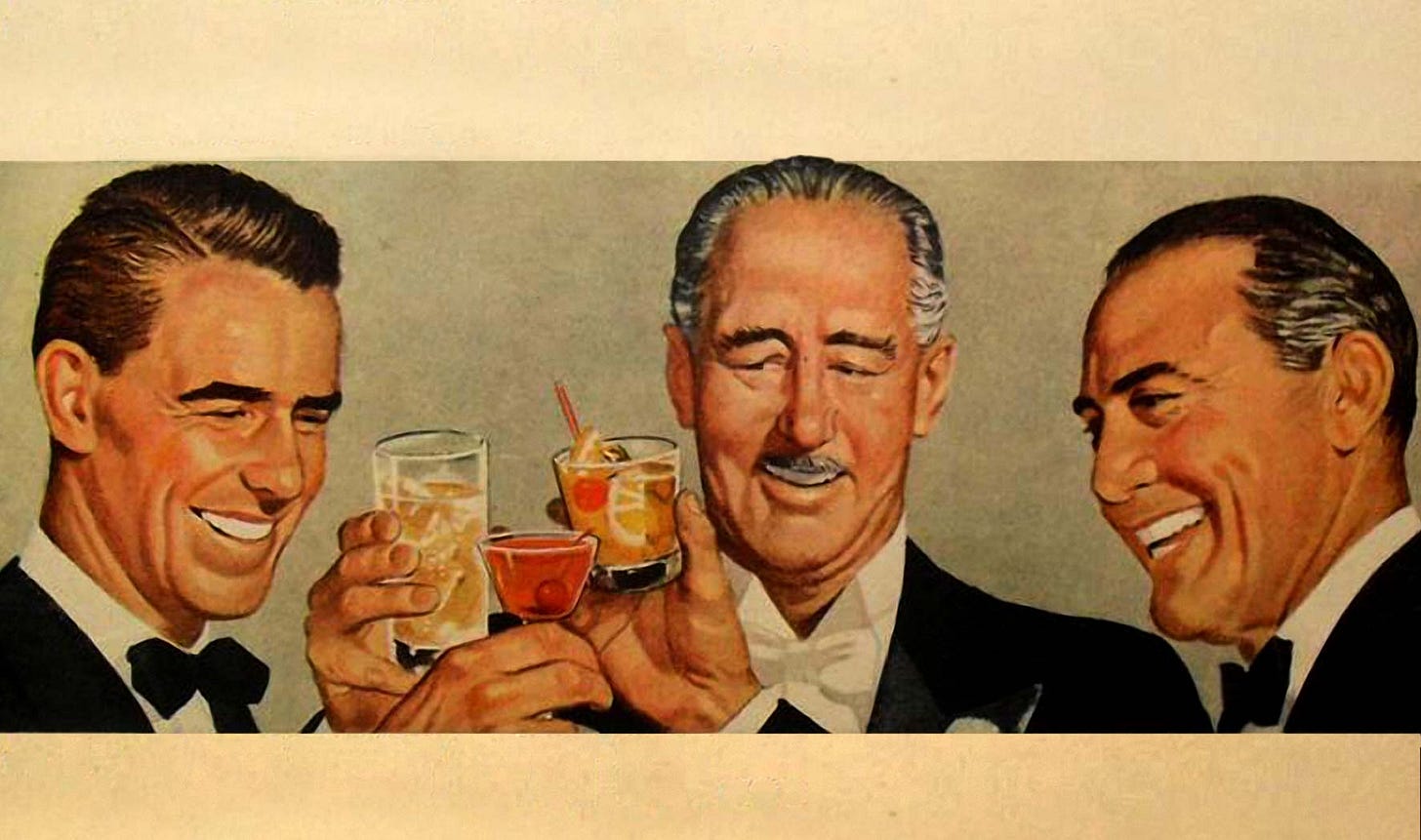

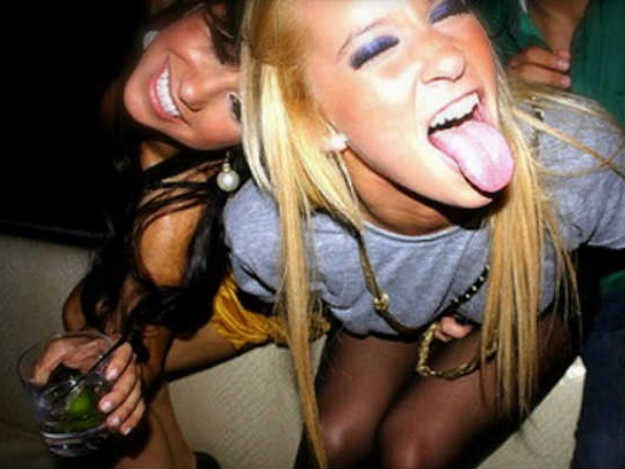

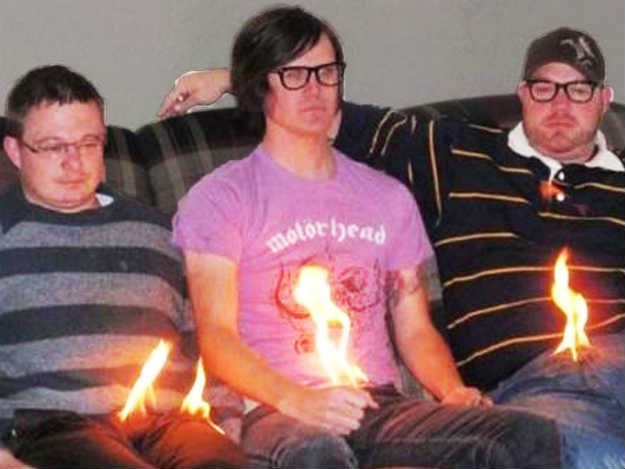
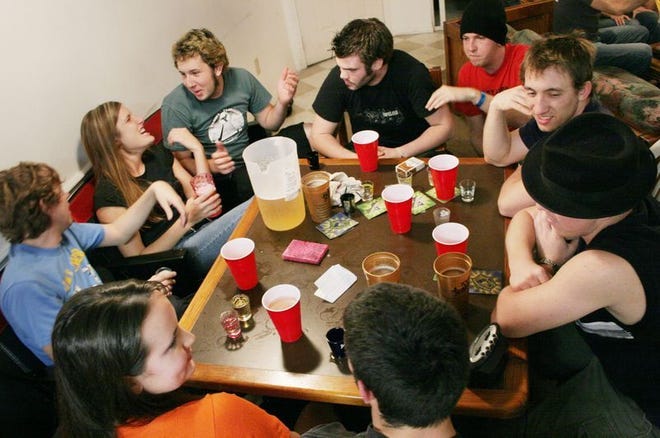

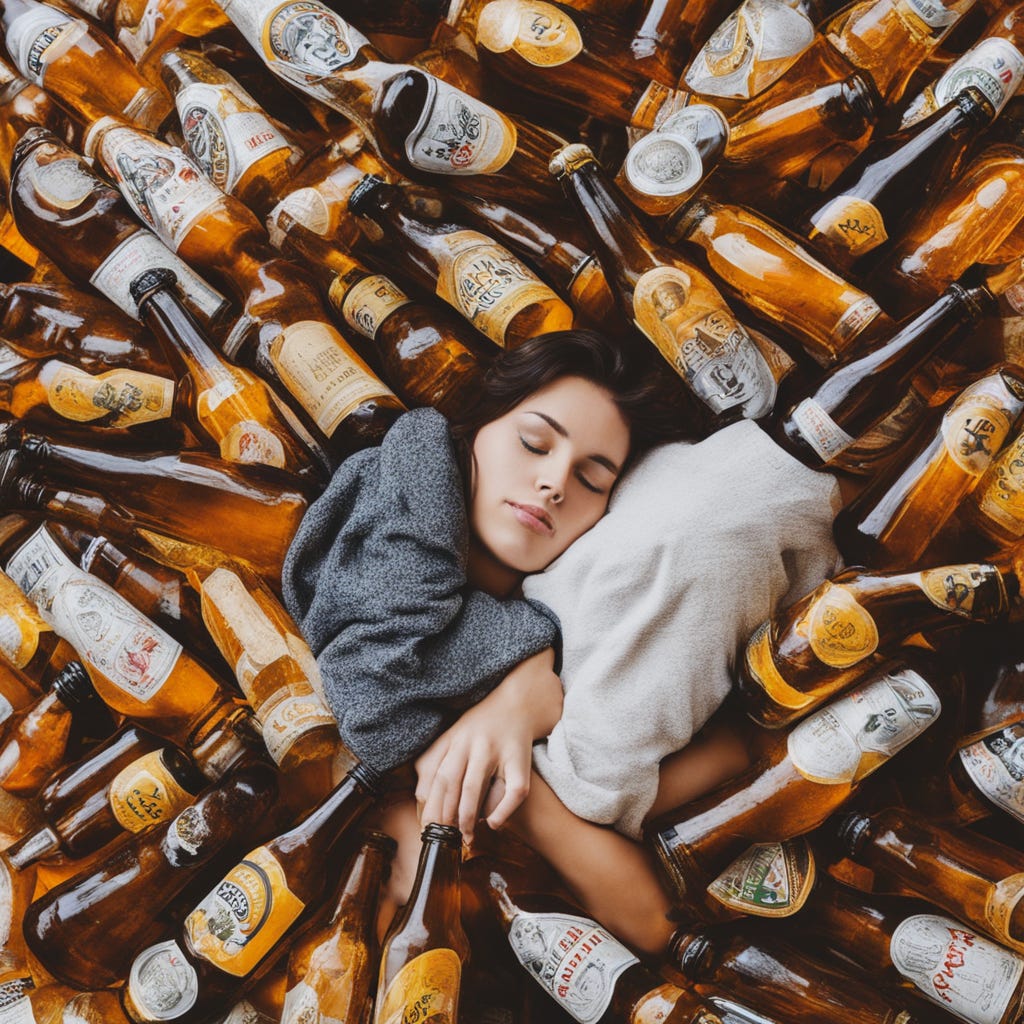
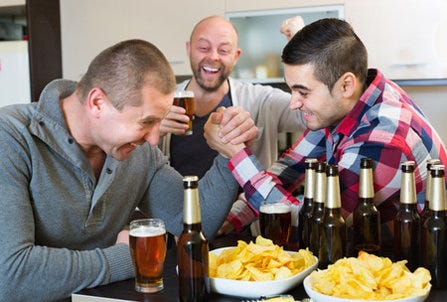
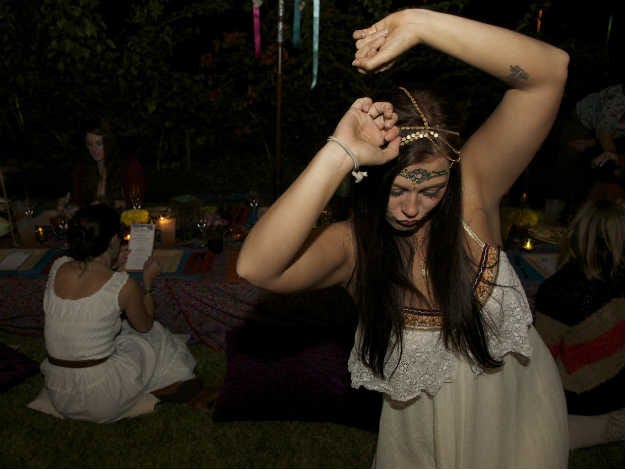

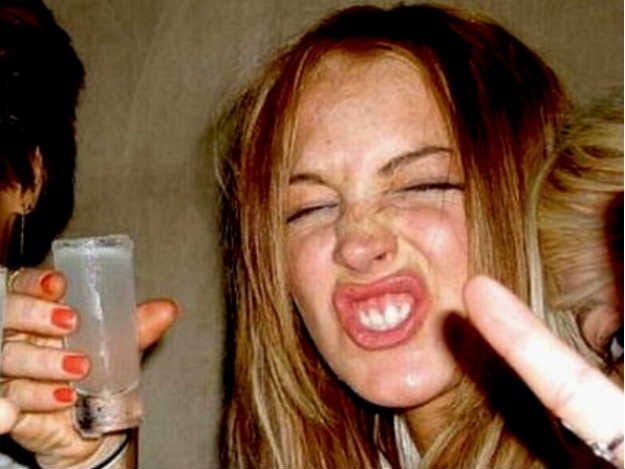



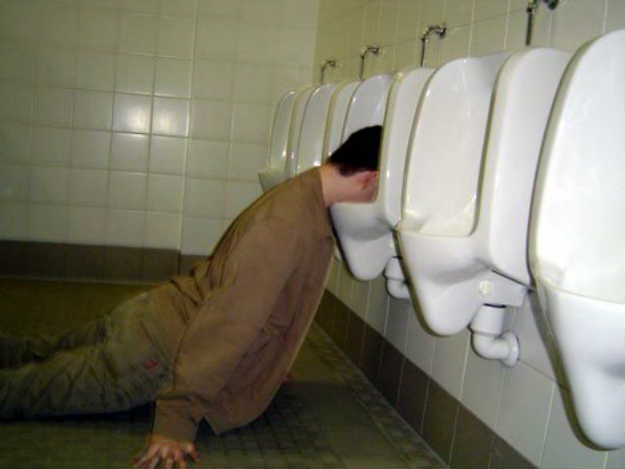
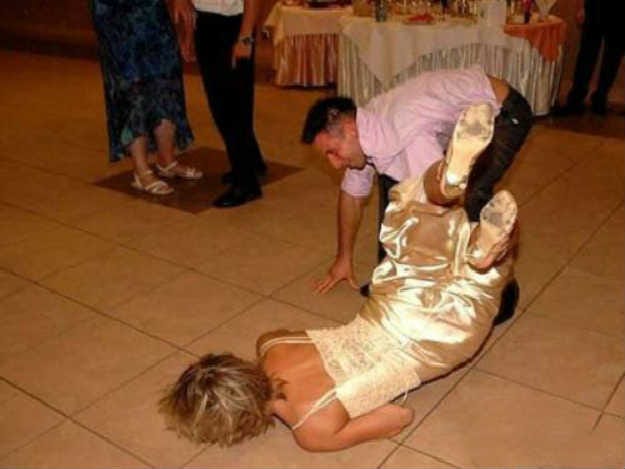
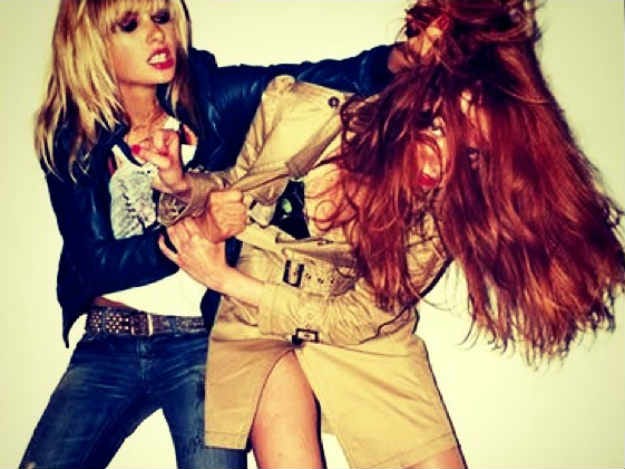

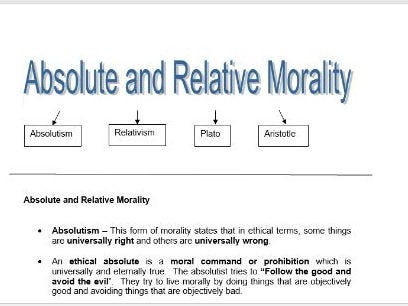

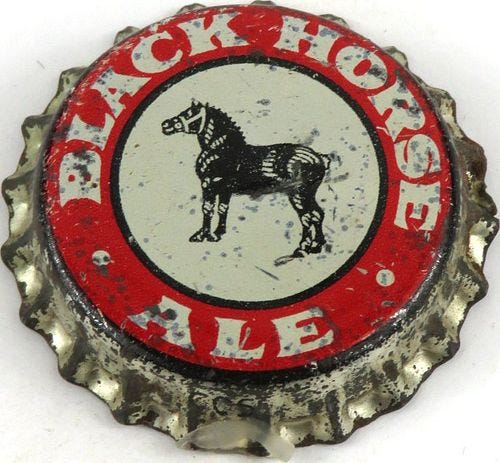

I find it both hilarious and pathetic that the generation with more social anxiety than any other can't drink and have fun. No, I have no sympathy at all. Suckers!